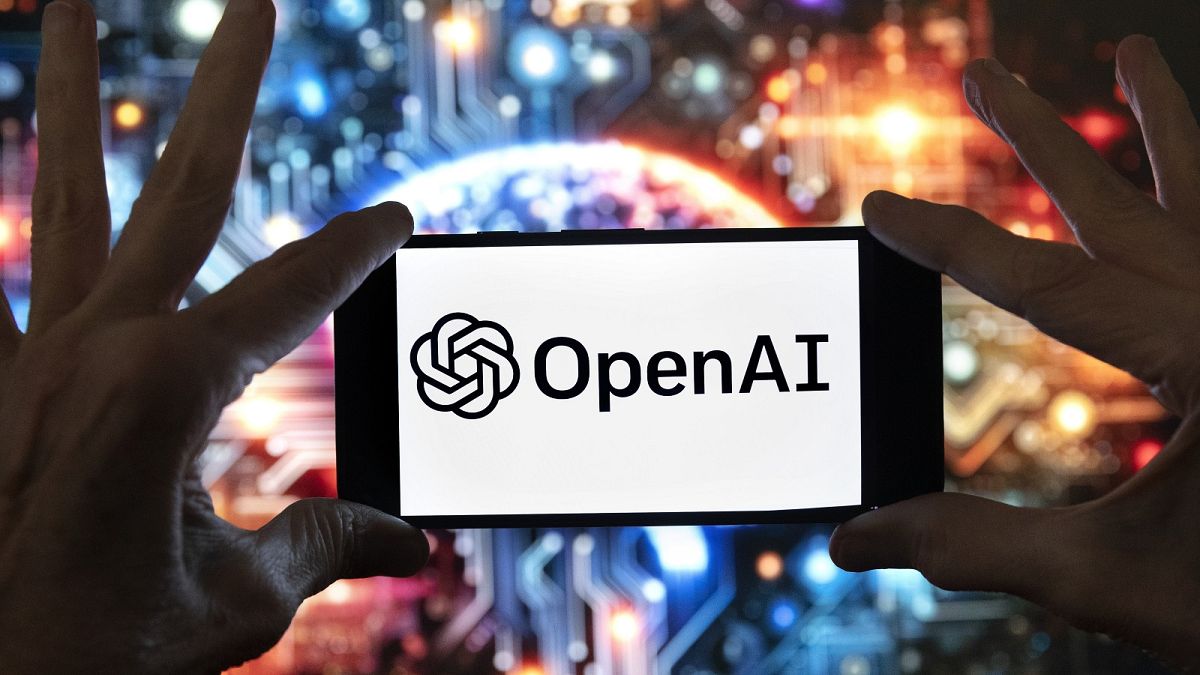Centrala begrepp
OpenAI introduces Sora, a text-to-video generator, showcasing high-quality video creation from written prompts, raising ethical concerns.
Sammanfattning
OpenAI unveiled Sora, a text-to-video generator that instantly creates videos from written commands. The tool's high-quality output has impressed many, but also sparked fears about ethical implications. Despite not being publicly available yet, OpenAI is engaging with experts to address concerns before releasing the tool.
Customize Summary
Rewrite with AI
Generate Citations
Translate Source
To Another Language
Generate MindMap
from source content
Visit Source
www.euronews.com
OpenAI unveils new AI tool Sora for creating instant videos from text
Statistik
OpenAI unveils Sora, a text-to-video generator.
Google, Meta, and Runway ML have demonstrated similar technology.
CEO Sam Altman showcased realistic videos in response to written prompts.
OpenAI is working with experts to address potential issues before releasing the tool.
Citat
"A instructional cooking session for homemade gnocchi hosted by a grandmother social media influencer set in a rustic Tuscan country kitchen with cinematic lighting."
"We are working with red teamers - domain experts in areas like misinformation, hateful content, and bias - who will be adversarially testing the model."
"We’re also building tools to help detect misleading content such as a detection classifier that can tell when a video was generated by Sora".
Viktiga insikter från
by på www.euronews.com 02-16-2024
https://www.euronews.com/next/2024/02/16/openai-unveils-sora-its-latest-ai-tool-that-can-make-instant-videos-from-written-commands
Djupare frågor
How might AI-generated content impact traditional media industries
AI-generated content could significantly impact traditional media industries by automating the creation of videos, articles, and other forms of media. This automation can lead to increased efficiency and cost-effectiveness for companies in producing content at scale. However, it may also pose a threat to jobs in these industries as AI tools like Sora become more advanced and capable of creating high-quality output without human intervention. Traditional media outlets may need to adapt their business models and workflows to incorporate AI technology effectively while ensuring that human creativity and expertise are still valued.
What are the potential risks associated with relying on AI for creative tasks like video production
Relying on AI for creative tasks like video production comes with several potential risks. One major concern is the loss of human creativity and originality in content creation. While AI tools like Sora can generate videos quickly based on written prompts, they may lack the nuanced understanding, emotional intelligence, or cultural context that humans bring to creative work. There is also a risk of bias or misinformation being perpetuated through AI-generated content if not properly monitored or regulated. Additionally, there are ethical considerations surrounding intellectual property rights when using AI to create derivative works from existing sources.
How can society prepare for the increasing capabilities of AI tools like Sora
To prepare for the increasing capabilities of AI tools like Sora, society needs to focus on education, regulation, and ethical guidelines. Education programs should be developed to help individuals understand how AI technologies work and their implications for various industries. Regulators must establish clear guidelines for the use of AI in creative tasks to ensure transparency, accountability, and fairness. Ethical frameworks should be implemented to address concerns such as bias detection, misinformation prevention, data privacy protection when using AI tools like Sora.
0
